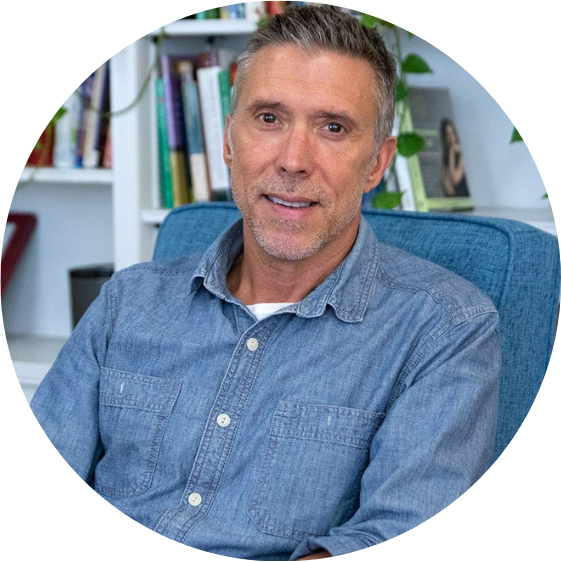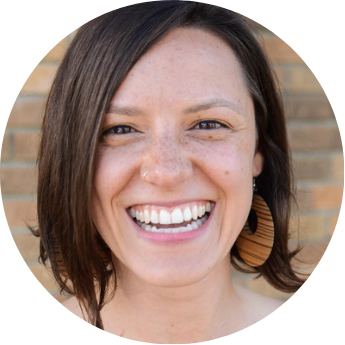The ultimate objective of these groups is to help Brown community members develop the social support necessary for sustained recovery from addiction (based on their own recovery goals) so that they may continue their studies, graduate from college and thrive in their lives post-graduation.
On-Campus Recovery Student Groups
These groups are led by licensed social workers from outside of Brown with experience working with people with substance use disorders and people who use substances. The meetings are drop-in, and students can attend as many or as few meetings as fits their needs. There is no requirement that members be affiliated with any other recovery, twelve-step, or support group to participate.
A student wishing to join one of these support groups is recommended to schedule a meeting with Dean Timothy Shiner, but students can also just show up to one of the meetings. Recent Brown alumni and RISD students are also welcome to join these groups after meeting with the Dean.
12-step Groups That Meet On or Adjacent to Campus
The Recovery Meetings linked below have no affiliation with Brown University. The information on this page is provided as a service to the community. Due to the pandemic, this list is likely not 100% up to date, as many meetings have changed location or are currently meeting online (updated November 2023). Due to this constant flux, if you need help finding an in-person meeting, please contact Dean Timothy Shiner.
Here we list meetings that take place in-person on Brown’s campus or within a few blocks, though some are currently meeting online. Many are attended by young people in recovery. If you want to dip your toe into recovery meetings but are not yet ready to walk into a meeting, there are countless meeting opportunities online as a result of the pandemic. A complete list of common 12-step fellowship meetings in Rhode Island can be found here for: AA, NA and Al-Anon.
Las reuniones de AA en español están disponibles aquí.
Student-run Recovery and Substance-Free Initiatives
SoBear
In 2017, a group of Brown students formed a student club called SoBear: Being Sober - Having Fun. The group, open to undergraduate, graduate, and medical students, was developed in order to show that fun social activities do not require the use of substances. Anyone can participate in an event if they choose to not use substances that day.
Some past events include Halloween and Super Bowl Parties, an off-campus retreat during Spring Weekend, game nights, and even anti-stigma roundtable discussions. If you would like to receive emails from SoBear, please sign up for their listserv. You can find out more about their on- and off-campus events on their Facebook group or on their events calendar.
Other Cross-departmental Support Groups
-
Bereavement Group, facilitated by Chaplain of the University Rev. Janet Cooper Nelson, and Gratitude Group, facilitated by Associate Chaplain of the University for the Protestant Community Rev. Del Demosthenes. These meetings are non-religious gathering spaces for reflection and support.
-
Back to Brown, facilitated by Wilthonie Johnson-Goncalves, LISCW (CAPS)
-
Trauma and Healing: A Support Group for Survivors of Sexual and Relational Harm, facilitated by the SHARE Advocates, LCSW (BWell Health Promotion)
-
ADHD Support Group, co-facilitated by Erin Lane-Aaronian, Psy.D. (CAPS) and Desirae Mix, M.Ed. (Student Accessibility Services)
-
Dialectical Behavioral Therapy (DBT) Group, facilitated by Chonlada Jarukitisakul, Ph.D. (CAPS)
-
Queer and Trans of Color Support Group, co-facilitated by Corey Fitzgerald (CAPS), Caitlan O’Neill (LGBTQ Center), and Madyson Crawford (Sarah Doyle Center)
-
Trans and Gender Diverse Support Group, co-facilitated by Jayden Thai, Ph.D. (CAPS) and Caitlin O’Neill (LGBTQ Center)
Being early in recovery can feel extremely isolating in its own right, but being young and in recovery on a college campus can feel even more so. I often felt alone and separate from the majority of my peers who didn’t share my experience. I am so grateful for Brown’s recovery programming where I was able to connect with other students in recovery and get support from others in the Brown community who did share my experiences, and who supported me unconditionally in my recovery.
 Identify as a student in recovery from substance use? Join a weekly, one-hour meeting in the Early Recovery Group (EROB). Pizza and salad with GF and vegan options provided.
Identify as a student in recovery from substance use? Join a weekly, one-hour meeting in the Early Recovery Group (EROB). Pizza and salad with GF and vegan options provided. Join us for a weekly open dialogue on substance use and learn new skills on moderating use and reducing harms. You do not need to identify as sober to attend. Kabob and Curry with vegan and GF options provided.
Join us for a weekly open dialogue on substance use and learn new skills on moderating use and reducing harms. You do not need to identify as sober to attend. Kabob and Curry with vegan and GF options provided.